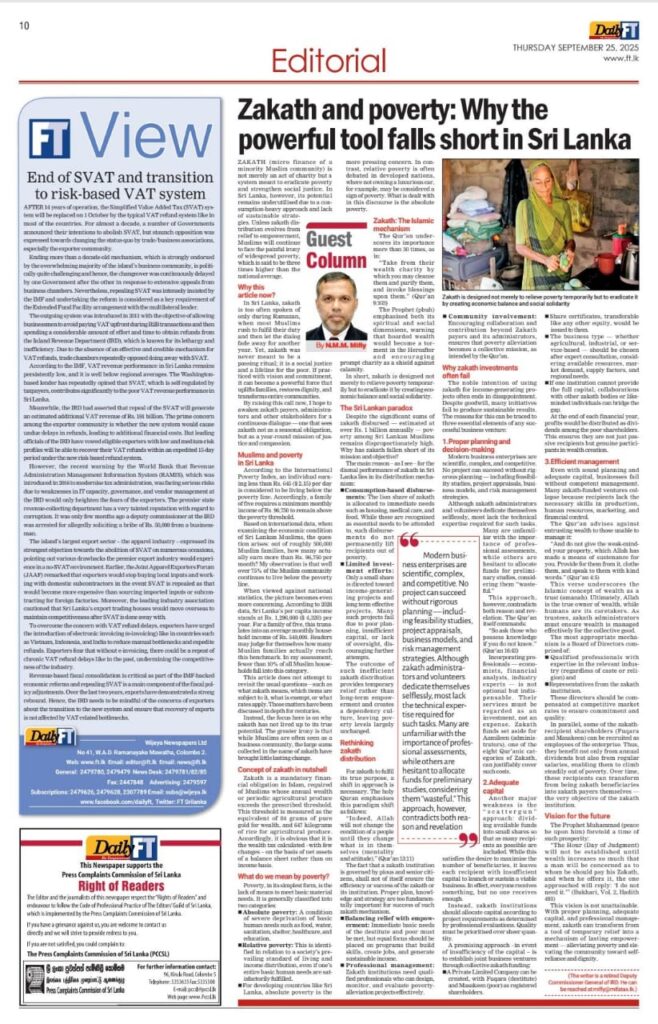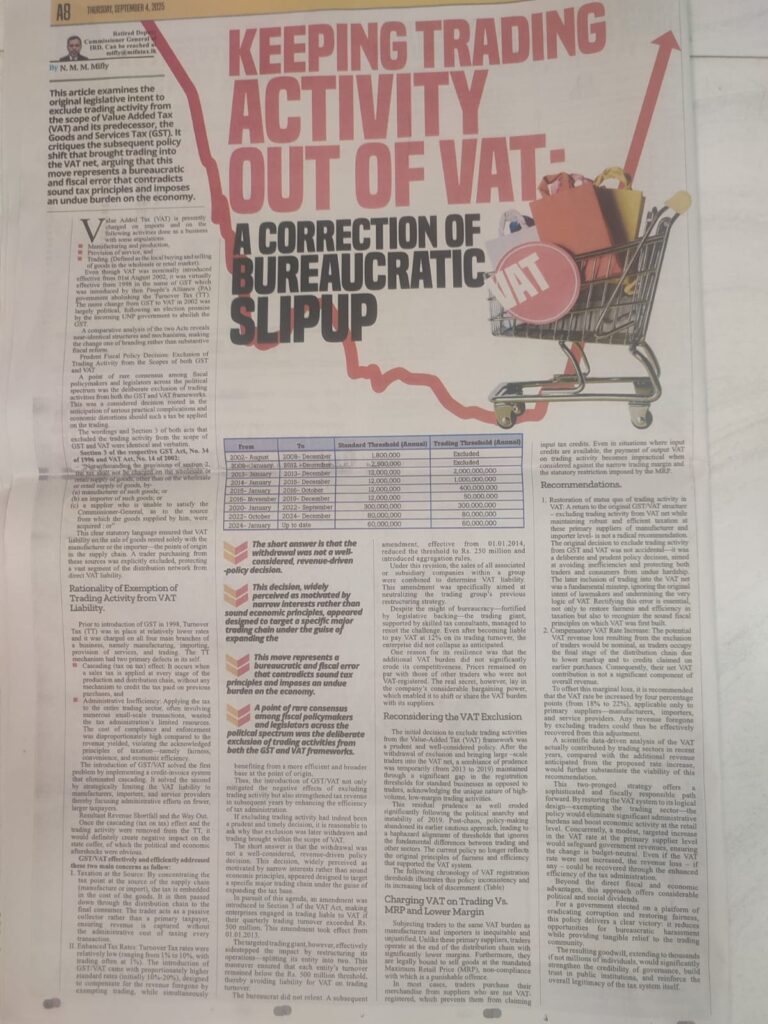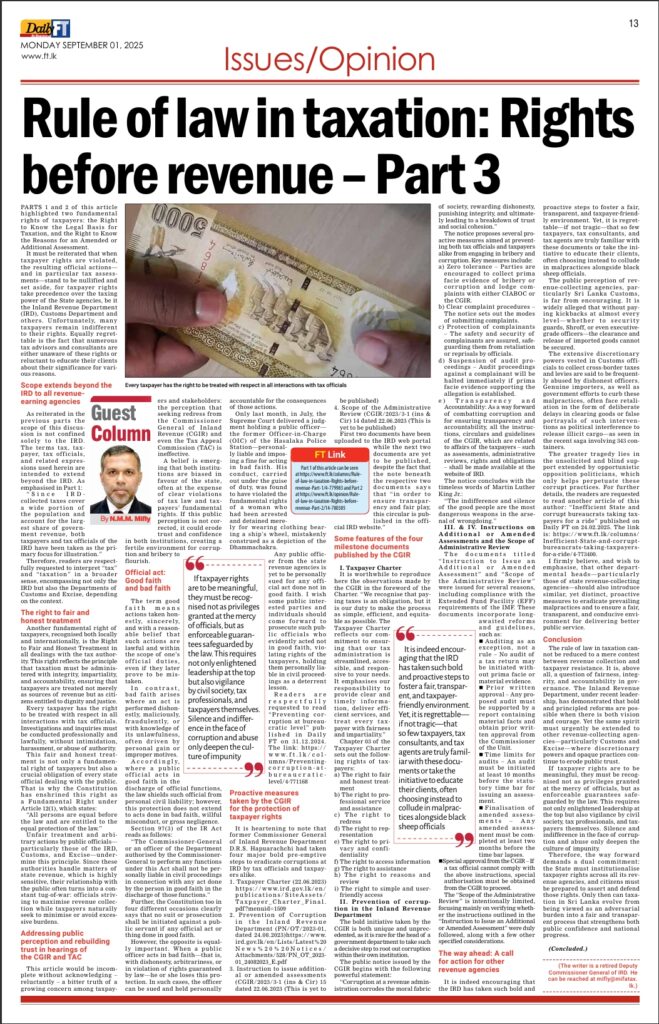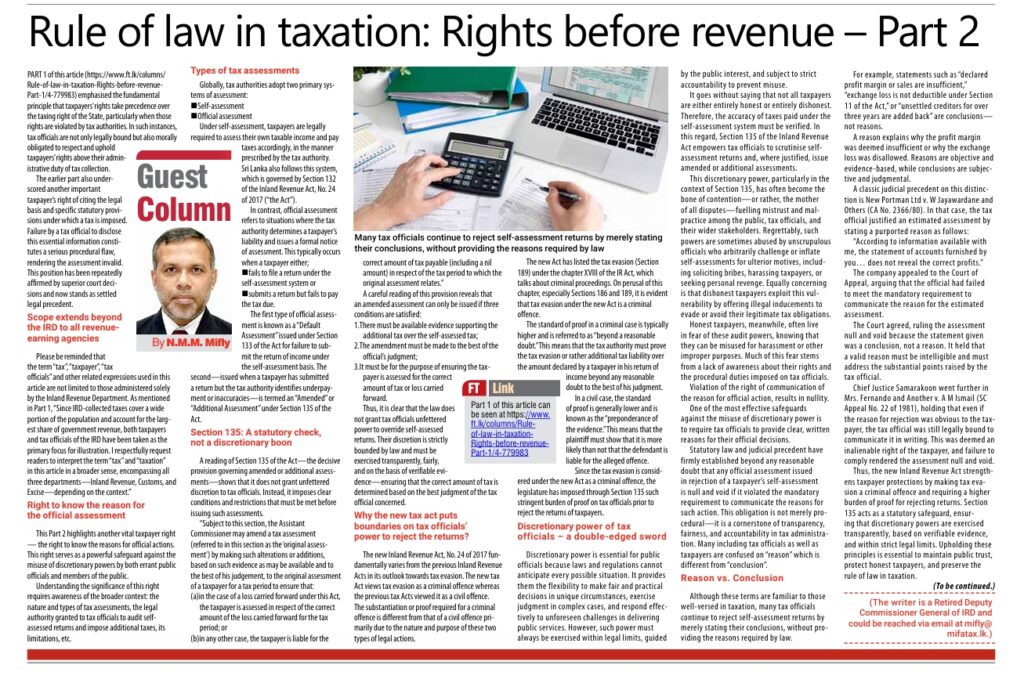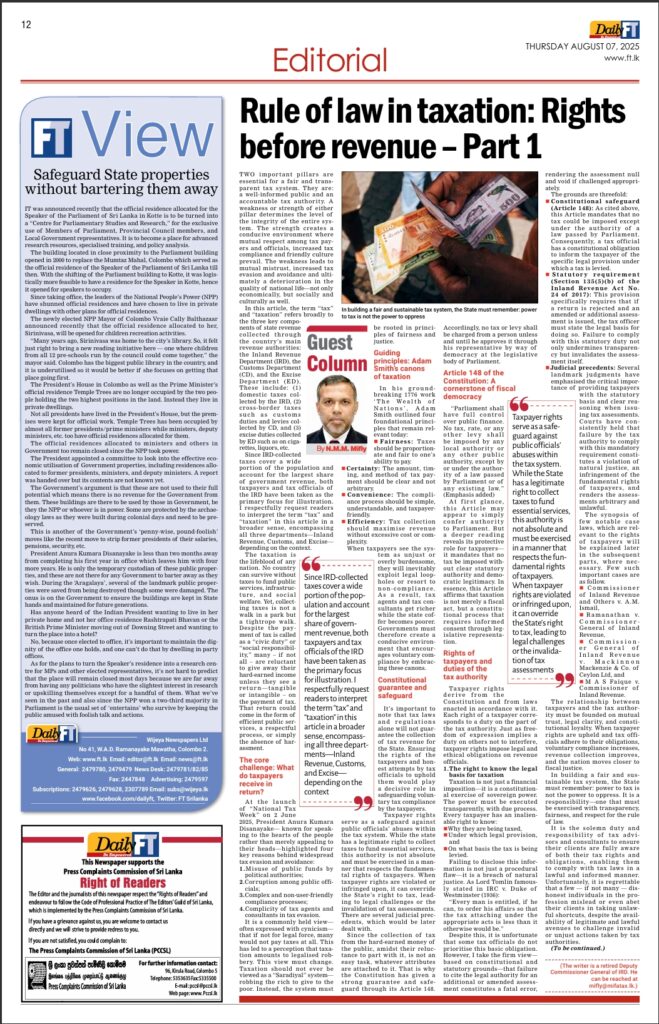Zakath and poverty: Why the powerful tool falls short in Sri Lanka
Every year, Sri Lanka witnesses the collection of over a billion rupees in Zakat, yet there remains a concerning prevalence of poverty within the Muslim community. This paradox presents an opportunity for deep reflection, especially for a community celebrated for its entrepreneurial spirit and generosity.
Zakath and poverty: Why the powerful tool falls short in Sri Lanka Read More »

